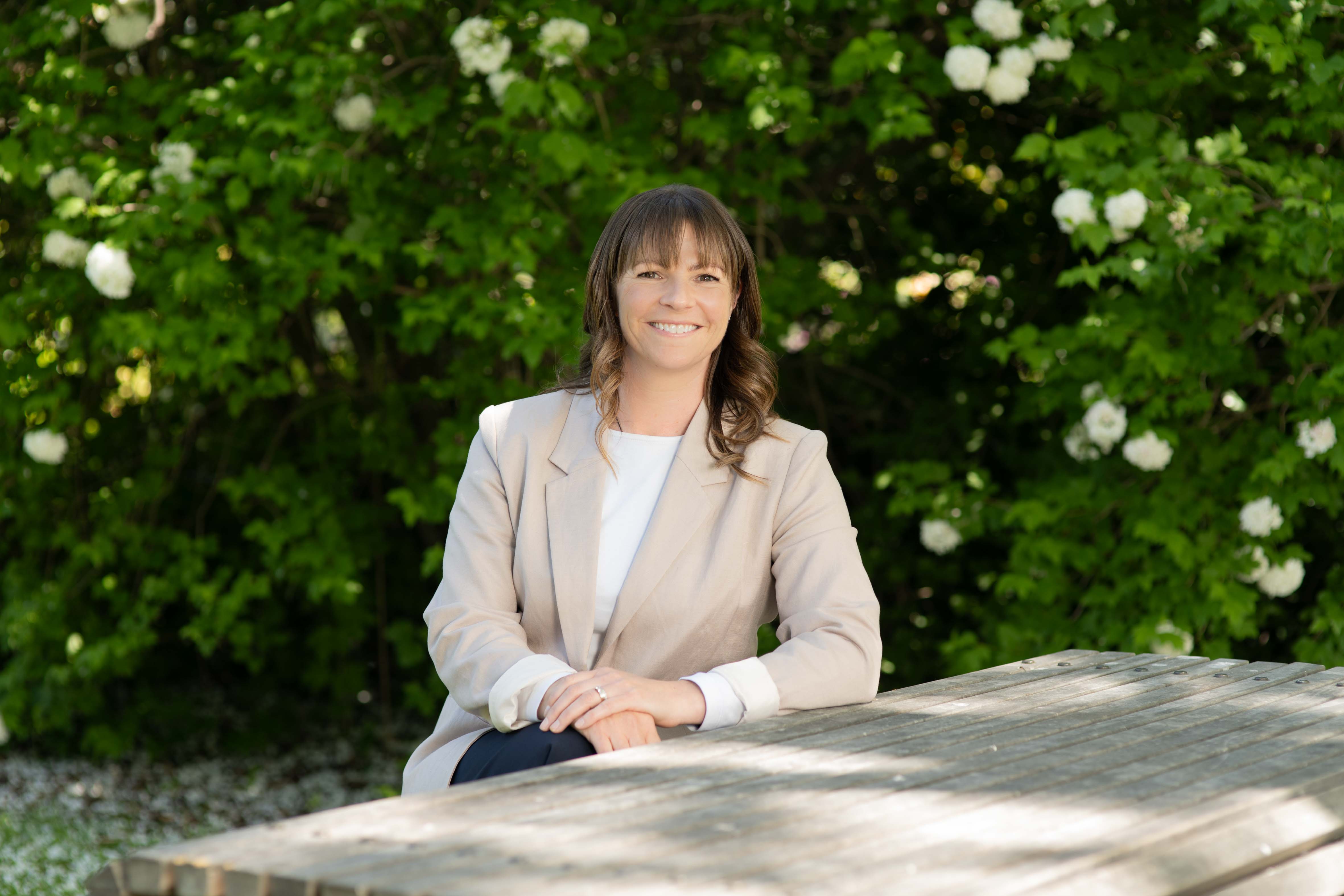ORC’s new voting system ‘easy and effective’: expert
Kim Bowden
17 August 2025, 6:00 PM
 Voting papers for local body elections will arrive by post in September. Image: Kaipara District Council
Voting papers for local body elections will arrive by post in September. Image: Kaipara District CouncilA political scientist says the new voting system for Otago Regional Council (ORC) elections is straightforward and fair, despite two Dunstan councillors calling it confusing and unnecessary.
“The single transferable vote (STV) is a very easy system for voters to use,” University of Otago politics professor Janine Hayward told The Central App.
“Rank the candidates in order of your preference. Vote honestly - there is no need for tricky strategies. You don’t need to rank everyone - if you don’t rate them, don’t rank them.”
In this October’s elections, Central Otago voters will use first past the post (FPP) to elect their district councillors and community board members, but STV for the regional council.
The change was approved by a majority of ORC councillors last year.
Professor Hayward said STV ensures more votes count towards electing a candidate.
FPP, she said, “wastes votes in two ways” - on people who receive far more than they need to be elected, and on those who do not receive enough to get in at all.
“That means that lots of people don’t help to elect anyone in FPP elections, and a minority of voters can elect multiple people to represent them.”
STV was designed to fix that problem and does a better job of accurately reflecting the preferences of the whole community, she said.
“It creates a single vote, that can transfer according to your own ranking. If your first vote ‘1’ is for someone who didn’t need it or didn’t get elected, your vote can transfer to your next preference.
“It’s like an insurance policy to make sure that as many people as possible have the chance to elect one person to represent them in council.”
While acknowledging two voting systems on one ballot paper was “not good”, Professor Hayward said Dunedin voters had managed the situation since the early 2000s with little increase in spoiled or blank votes.
“Now that ORC is using STV, it would reduce the risk of voters becoming confused if all other councils in the region also change to STV to avoid this problem.”
She rejected suggestions the move was politically motivated.
“Regardless of whether communities vote for left-wing or right-wing candidates, or something else entirely, that will be reflected in the result.”
Her comments follow criticism last month from Dunstan councillors Michael Laws and Gary Kelliher, who described the dual voting systems as “madness” and “suspicious”, and accused Dunedin-based councillors of pushing the change.
Both councillors are seeking re-election, while newcomers Ben Farrell, Neil Gillespie, Matt Hollyer, Aime Pont and Nicky Rhodes have also thrown their hats in the ring.
Dunstan’s third sitting councillor, Alexa Forbes, is not seeking re-election.
Following a representation review last year, the constituency has gained an additional councillor at this year’s elections, leaving seven candidates vying for four seats.
Voting papers will be sent to enrolled voters in September, with voting closing at noon on Saturday, October 11.
Have a story to share or comment to make? Contact [email protected]
NEWS
JOBS






